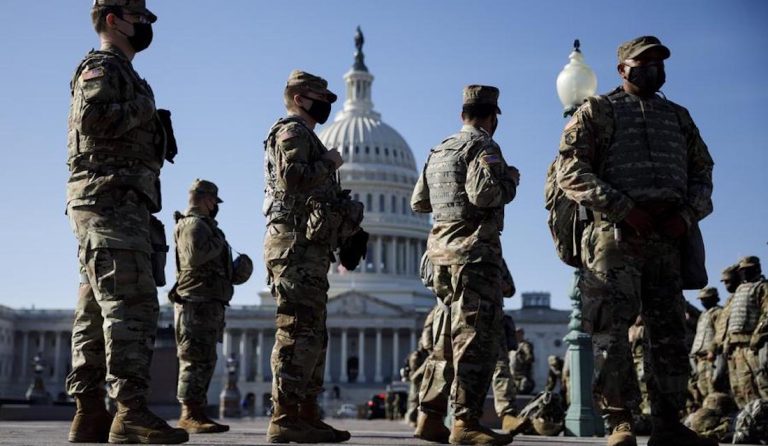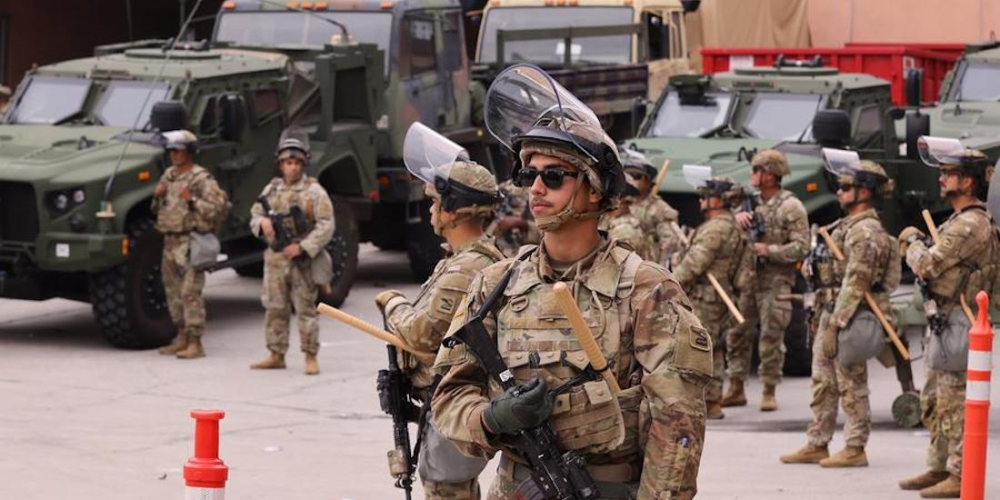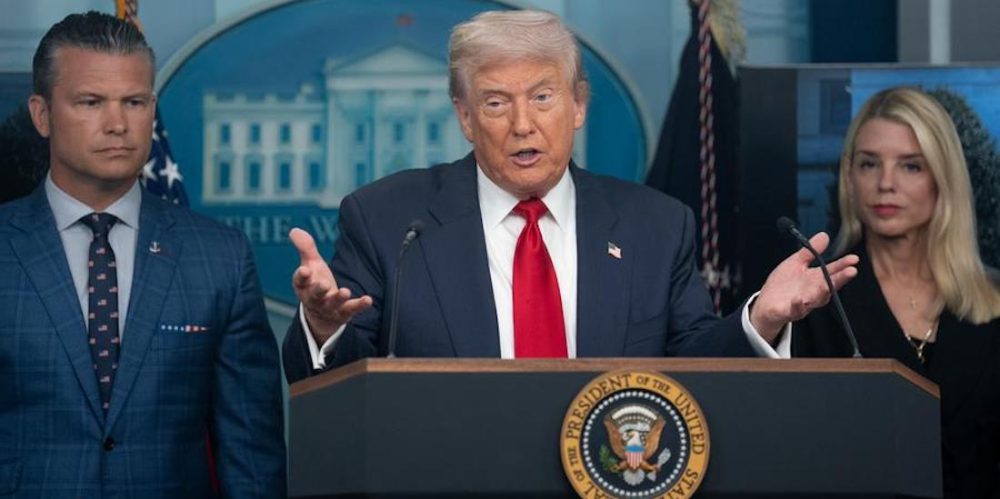
President invokes emergency powers to federalize Washington police, deploy troops amid contentious debate over crime and civil authority

Washington, D.C. — In a bold and controversial move, President Donald Trump on August 11 declared a public safety emergency in Washington, D.C., ordering the deployment of 800 National Guard troops and a temporary federal takeover of the city’s police department.
Citing rising violent crime and urban decay, the president invoked Section 740 of the Home Rule Act of 1973, a statute enabling the temporary federal control of Washington’s policing—an action that has drawn sharp criticism from city officials, legal experts, and political leaders alike.

What triggered the emergency declaration?
Trump justified the deployment by highlighting what his administration described as a surge in violent crime, including a homicide rate in 2024 exceeding 27 per 100,000 residents—one of the nation’s highest. He pointed to rising robberies and vehicle thefts as well as broader public safety concerns stemming from homelessness, graffiti, and neglected infrastructure. At a White House press conference, the president declared, “We’re going to take our capital back,” emphasizing plans to clear large homeless encampments, though he did not propose interim solutions for those displaced.
The declared emergency led to the Army mobilizing roughly 800 National Guard personnel to support federal law enforcement in safeguarding federal properties and deterring crime through a heightened visible presence. The troops’ deployment is set to last until at least September 25, though Trump has the statutory authority to maintain control over the Metropolitan Police Department (MPD) for only 30 days unless Congress grants extension.

Diverging views on the crime situation in D.C.
The city’s leadership has firmly rejected the president’s portrayal of an out-of-control crime crisis. Washington Mayor Muriel Bowser called Trump’s federal intervention “unsettling and unprecedented,” stressing that crime in the district is at a 30-year low despite a spike in 2023. Data released by the Metropolitan Police Department show declines of 26% in violent crime compared to last year, with homicides, assaults, and robberies all trending downward.
Bowser also expressed concern that the president’s order undermines local autonomy and the authority of the city government over its own police force. The mayor noted she was given little advance notice and vowed to work within the existing legal framework while continuing to protect the city’s interests. D.C. Attorney General Brian Schwalb labeled the federal takeover “unprecedented, unnecessary, and unlawful” and promised to explore all legal avenues to defend residents’ rights.
Democratic leaders nationally have condemned the move as a political power grab aimed at sowing division rather than addressing public safety in good faith. Illinois Senator Dick Durbin criticized the deployment as “political theater” that ignores ongoing progress in crime reduction.
Legal and political context: Authority and controversy
The Home Rule Act grants Washington limited self-governance, but the federal government retains ultimate control over the district, including the contentious power to deploy the National Guard under emergency conditions. Trump’s use of this authority has precedent; his administration mobilized troops in Washington during the 2020 Black Lives Matter protests and again on January 6, 2021, when the Capitol was breached by rioters. However, these actions have sparked intense legal debates about the appropriate boundaries of military use domestically.
The current deployment comes amid an ongoing legal battle over Trump’s use of National Guard troops in Los Angeles this summer, where they supported federal immigration enforcement during mass raids that sparked protests and unrest. California officials have sued the federal government, alleging the president’s actions violated federal law by militarizing civilian law enforcement functions. The outcome of that trial, which began on August 11, could influence the future scope of military deployments in U.S. cities.
Washington’s situation is somewhat unique legally, since the president directly controls the National Guard in D.C., unlike other states where governors command their Guard troops. This distinction allows Trump to more readily assert federal authority in the capital. Nonetheless, city leaders advocate for D.C. statehood as a long-term solution to prevent unilateral federal interventions in local governance.
Wider implications and future outlook
The deployment in Washington is the latest step in President Trump’s broader agenda to extend the presence of military and federally controlled forces inside American cities, particularly those governed by Democrats. He has suggested similar actions could unfold in other major urban centers like New York, Chicago, Baltimore, Los Angeles, and Oakland. However, legal constraints, state resistance, and political opposition complicate these prospects.
Critics argue that military-style responses to urban crime problems risk escalating tensions without addressing underlying social issues. Experts warn that the National Guard is ill-suited for routine law enforcement duties and emphasize the need for community-based solutions over aggressive federal interventions. Yet, Trump’s administration insists that visible federal forces can restore order and protect federal assets during surges in crime and civil unrest.
As the National Guard enforces Trump’s directive in the nation’s capital, both legal battles and political conflicts are expected to continue. The tension between federal authority and local control over criminal justice in Washington highlights enduring questions about who governs the capital—and how public safety is best preserved in America’s cities.
Summary
In August 2025, President Donald Trump declared a public safety emergency in Washington, D.C., and deployed 800 National Guard troops while temporarily taking federal control of the city’s police department. Citing violent crime and urban decay, the administration justified the move against resistance from D.C. leaders who reported a decline in crime. The deployment reignites legal debates over federal military power on U.S. soil and marks a significant escalation in Trump’s efforts to use troops in American cities, raising questions about local sovereignty and effective public safety strategies.